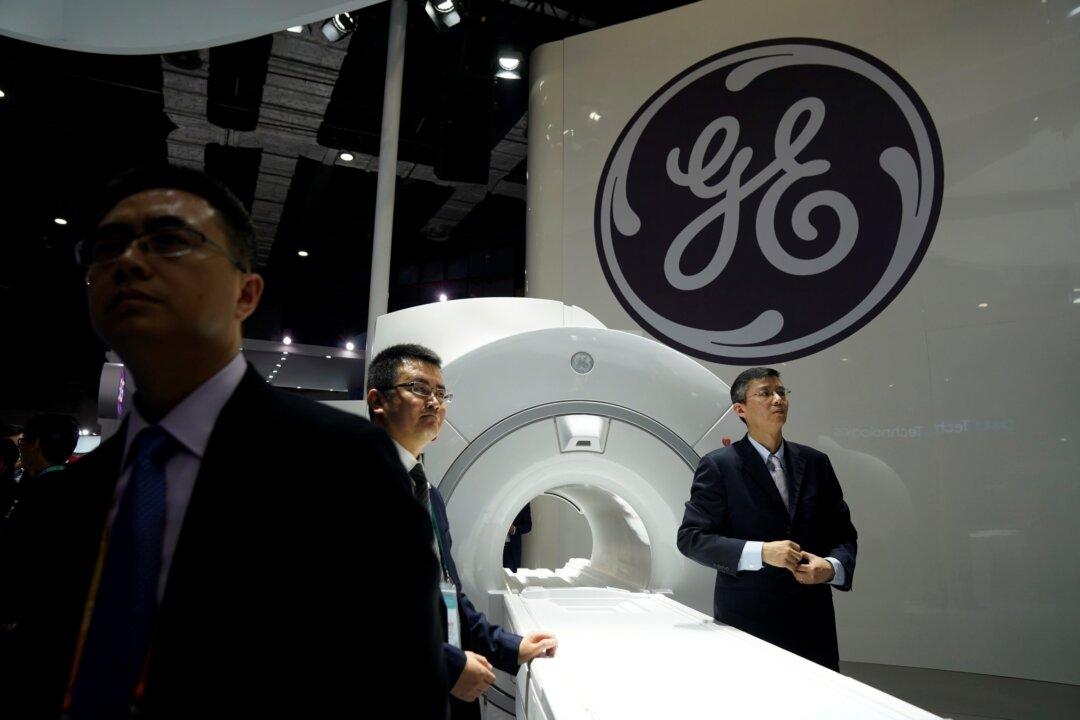A Chinese former engineer and a Chinese businessman have been charged with economic espionage and conspiring to steal trade secrets from General Electric Co. to benefit the Chinese regime, according to a U.S. indictment unsealed on April 23.
Zheng Xiaoqing, 56, a former engineer at GE, was charged by the U.S. Justice Department last August with the alleged theft of intellectual property relating to GE’s turbine technology.





